Debt Settlement Glossary
Home > Debt Settlement Glossary
Authorization since you own the account and its funds. Once a settlement is negotiated, we will inform you of the terms and request your permission to begin making payments towards it.
Bankruptcy is a legal process that provides debt relief and protection for consumers. Two types of bankruptcy available to consumers are Chapter 7 and Chapter 13.
CFT Pay is an independent company that manages your trust account. Deposits made to the program will appear on your bank statement as CFT Pay, not Clarity Debt Resolution.
Credit score is a number that represents your creditworthiness, indicating to potential lenders your ability to repay borrowed money. FICO® is the most commonly used credit score by lenders. Although it is an important factor, credit scores are only a part of determining creditworthiness, with the other significant factor being your debt-to-income ratio (DTI).
Debt-to-income ratio (DTI) is a measure of your creditworthiness that compares your monthly expenses to your gross income. The higher your DTI, the less desirable you are as a borrower. DTI is expressed as a percentage and is approximately half of your creditworthiness.
Draft The funds you deposit into your trust account each month are called drafts, and they accumulate in the account to pay for any settlements that are negotiated on your behalf.
Power of attorney (POA) is a limited document that you sign at the time of enrollment, granting us permission to negotiate with your creditors on your behalf.
Secured loan is a type of loan that is guaranteed by real property used as collateral. Mortgages and auto loans are common secured loans, and they are generally not eligible for our program, except for auto loans when the car has been surrendered or repossessed.
Settlement letter is a document provided by a creditor that outlines the terms of a negotiated settlement. Settlement letters are necessary before we can begin making payments towards a settlement.
SIF (settlement in full) letter is provided by the creditor after the final payment of a settlement agreement, confirming that the account has been paid and has a zero balance.
Stipulated agreement is an agreement that outlines the terms of a settlement, often required by creditors when they sue a client. It also stipulates that if the client defaults on the settlement, a judgment will automatically be applied to the case.
Summons is a legal document that notifies a consumer that they are being sued. It is delivered in person or via certified mail and includes a court seal or stamp, along with a court date or response date.
Trust account is a special account maintained by a third-party company to save money to be used towards paying settlements negotiated on your behalf. You own the account, and funds can only be disbursed with your permission.
Unsecured loans are loans made solely on the consumer’s promise to repay them, with no collateral attached. Our program is designed to resolve unsecured loans.

At Second Start Financial, we are dedicated to helping you regain control of your life. Our mission is to provide you with effective debt relief solutions that address your unique financial situation.
At Second Start Financial serves the following States only:
Alabama | Alaska | Arizona | Arkansas | California | Colorado | Florida | Georgia | Idaho | Illinois | Indiana | Iowa | Kentucky | Louisiana | Maryland | Massachusetts | Michigan | Mississippi | Missouri | Montana | Nebraska | Nevada | New Jersey | New Mexico | New York | Ohio | Oklahoma | Pennsylvania | South Dakota | Tennessee | Texas | Utah | Virginia | Wisconsin
Disclaimer:
Second Start Financial Inc is not a Broker or Lender. The role of Second Start Financial is to connect potential borrowers with lenders and financial service providers. Second Start Financial does not provide credit offers or solicit lending. The website and its operators solely offer a connection/matching service and are not agents, representatives, or brokers of any lender. They do not make credit decisions and do not charge potential borrowers for any loan or product.






